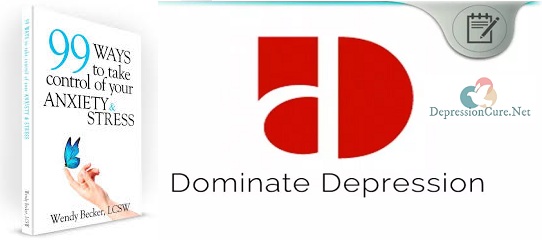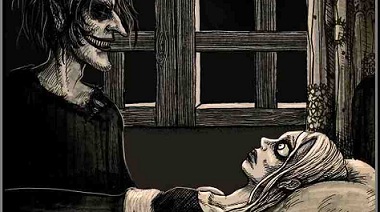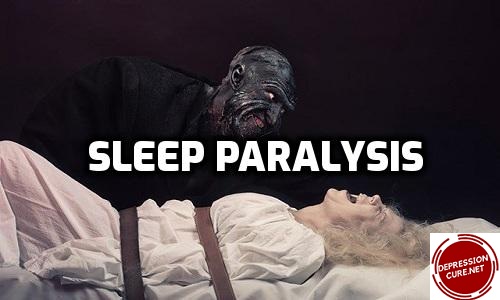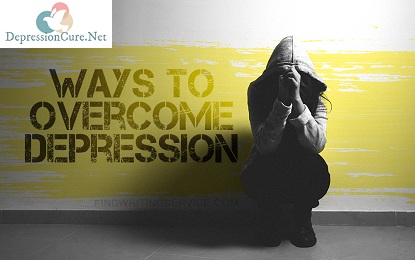Introduction
Sleep paralysis is a type of condition in which a person is unable to move and speak during sleep or after waking up from sleep. Sleeping paralysis is not a harmful condition and resolves within a few seconds or minutes, but it can become a very frightening condition.
Sleeping experts have concluded that in most cases, sleep paralysis is an indication that you are unable to move your body during sleep. In sporadic cases, sleep paralysis is associated with an internal mental problem.
Types of Sleep Paralysis

In this state, one feels that he has woken up from sleep, but he is unable to move the body and cannot speak. It often occurs in the middle stage of a person waking up from sleep.
During this particular period, the person is unable to talk and move the body for a few seconds to a few minutes. Some people feel scary pressure or suffocation during this period. Sleep paralysis may also be related to other sleep disorders, such as narcolepsy.
Click Here To Read: Sleeping Disorders Reasons and Solutions
Sleep Paralysis Symptoms

What are the symptoms of sleep paralysis?
In this situation person not being able to move and speak for some time during sleep or waking up despite being conscious is the most prominent symptom of sleep paralysis.
Apart from this, symptoms of sleeping paralysis can be:
- Feeling unable to move the body continuously for a few seconds to minutes while sleeping or awake
- Stay fully asleep
- Not speaking during this period
- Hallucinations and sensation in the body that causes fear
- Chest pressure
- Have trouble breathing
- Feeling like death
- Excessive sweating
- Headache, muscle aches and paranoia (a type of dementia)
Normal daily sounds (which are not terrible), sensations, and other sensations that the brain often ignores seem unique during this period.
When should the doctor see?
In most cases, sleeping paralysis occurs only once and then does not recur. This is usually not a harmful condition and does not indicate any internal problems.
However, it is better to see a doctor in the following situations:
- Daily sleep paralysis
- Being very concerned about sleeping and making a lot of efforts to sleep deeply
If you are feeling very sleepy during the day, or you lose muscle control, these symptoms can be caused by a sleep disorder called “narcolepsy.”
Sleep Paralysis Causes & Risk Factors

Why does sleep paralysis occur?
During sleep, the body becomes calm and voluntary (self-acting) muscles stop moving. When this happens, people do not do any physical activity while dreaming. Sleep paralysis involves the fragmentation of rapid eye movement (REM) during sleep.
Rapid eye movement is known as phase of sleep, during which the brain remains very dynamic, and often dreams occur. During this time, no part of the body moves except the eyes and the muscles which help in breathing.

Presumably, this is believed to prevent you from getting hurt by stopping to do any physical activity while dreaming.
Click Here To Read: 5 Reasons why sleeping Too Much Can Be Dangerous
When does the risk of sleeping paralysis increase?
About four out of every ten people have sleep paralysis. This is a common problem that is diagnosed during adolescence. But men and women of any age can have sleeping paralysis.
Sleeping paralysis is a disease that is passed on from generation to generation. Other factors increase the risk of sleep paralysis:
- Not getting enough sleep
- Any change in time or habit of sleeping
- Mental conditions such as stress or bipolar disorder
- Sleeping on the back
- Some other sleep problems such as narcolepsy, leg cramps at night
- Taking certain types of medicines like ADHD
- Drug abuse
Prevention of Sleep Paralysis?

How to prevent sleep paralysis?
To follow sleep guidelines to prevent problems like sleep paralysis. It is important to get into the habit of sleeping at the right time regularly so that you can get enough sleep daily and avoid the causes that cause sleep problems.
Diagnosis of Sleep Paralysis

How is sleep paralysis tested?
There is usually no medical examination for sleeping paralysis, but it is better to see a doctor if your symptoms are causing any discomfort or anxiety.
Medical examination can help in the following situations:
- Daily sleep paralysis
- Have any sleep anxiety or difficulty sleeping
- Sudden sleepiness or abnormal sleeping during the day
A sudden sleep during the day can be a sign of narcolepsy. It is a rare brain disorder that causes a person to fall asleep or lose muscle control suddenly.

Symptoms can also be reduced by detecting them if problems such as stress or anxiety are present with sleeping paralysis.
Click Here To Read: 15 Insomnia Facts
Sleep Paralysis Treatment

Treatment of sleeping paralysis
Most of the people do not need to undergo sleeping paralysis. If you are highly concerned with sleeping paralysis or are not able to sleep properly, then treating the internal conditions that cause it as narcolepsy can also help a lot. It can be treated as follows:
To improve sleep habits, it is necessary to get about 6 to 8 hours of sleep every night. If antidepressants or any other medicines are given to regulate sleep, then they should be taken on time.
If sleeping paralysis has become particularly severe, sleep specialist doctors may suggest completing a course of antidepressant medication.
These drugs alter the rapid eye movement sleep, but these drugs are given in lower doses to patients with sleeping paralysis than in patients with depression.
Sleeping Paralysis Complications

What complications can result from sleep paralysis?
Sleeping paralysis can also develop some potential complications, such as:
- Fatigue for a long time due to not getting enough sleep
- Night and nightmares
- Repeated sleep paralysis; this condition is called recurrent isolated sleeping paralysis.
Note: Depression Cure does not provide any type of medical advice, diagnosis, or treatment.





